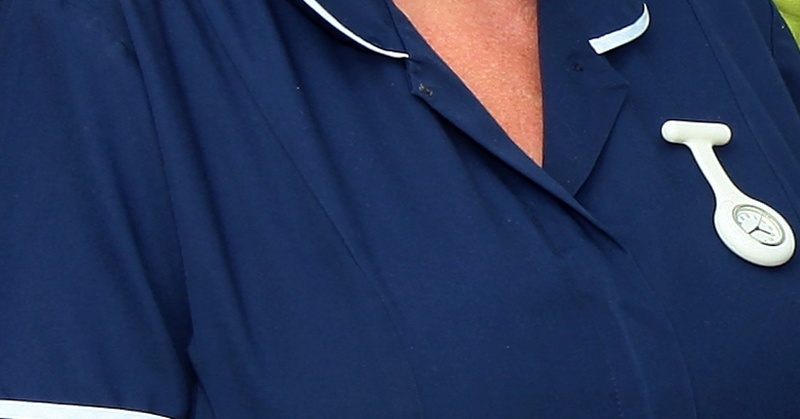The overnight district nursing service in Angus is being withdrawn and eight members of the overnight team five nurses and three healthcare assistants have been told to look for alternative jobs in the health service.
However, last night an NHS Tayside senior manager, with overall responsibility for the service, insisted that patients would not be adversely affected by the change and an alternative arrangement with well-qualified nurses was being put in place to cover the night-time period.
Service manager for Angus Community Health Partnership, Liz Goss, said the See and Treat team that operates during the night in Angus with paramedics and nurses would take on the workload of the district nursing team.
Both teams were ‘under-utilised’ and she was satisfied one team could cope with all the overnight work.
Community nursing staff expressed concern about the withdrawal of the overnight district nursing team, while admitting there was ‘slack’ overnight.
Part of the team’s role is to offer palliative care to terminally ill patients.
“Palliative care patients and their families have a direct line to the overnight district nursing team,” said an NHS Tayside member of staff in Angus. “The palliative care patients get priority.”
The staff member said district nurses could spend several hours with a dying patient, offering support to the family as well as the patient.Pain controlShe claimed the See and Treat team would offer only pain control injections and move on.
She said the Scottish Government document, Living Well And Dying Well, stated that palliative care patients should have access to a district nurse 24 hours a day.
“That is not going to happen in Angus,” said the complainer. “I think patients in Angus are going to suffer.”
Mrs Goss disagreed patients would suffer and said there was a redesign of overnight services that were under-utilised. Palliative care patients would still have 24-hour access to nursing.
“We believe looking at the information in relation to activity overnight we can move to one team and not in any way adversely affect the care delivered to patients or families,” said Mrs Goss.
“The last thing we would be doing is changing the system if we thought it would in any way impact adversely on patients.”
The new arrangements are due to be in place by mid-March.
Mrs Goss said that some of the work done overnight at the moment could be done appropriately during the day.
It was ‘planned care’ and not emergency intervention. Under the new arrangements the single team would visit, on average, between four and five people a night.
In addition, Marie Curie provide a night-sitter service when required for terminally ill patients. The organisation has a local agreement with NHS Tayside.
Mrs Goss said the new arrangements would be monitored over six months and changes made if necessary but it was not possible to have staff “without a role” over that length of time.
